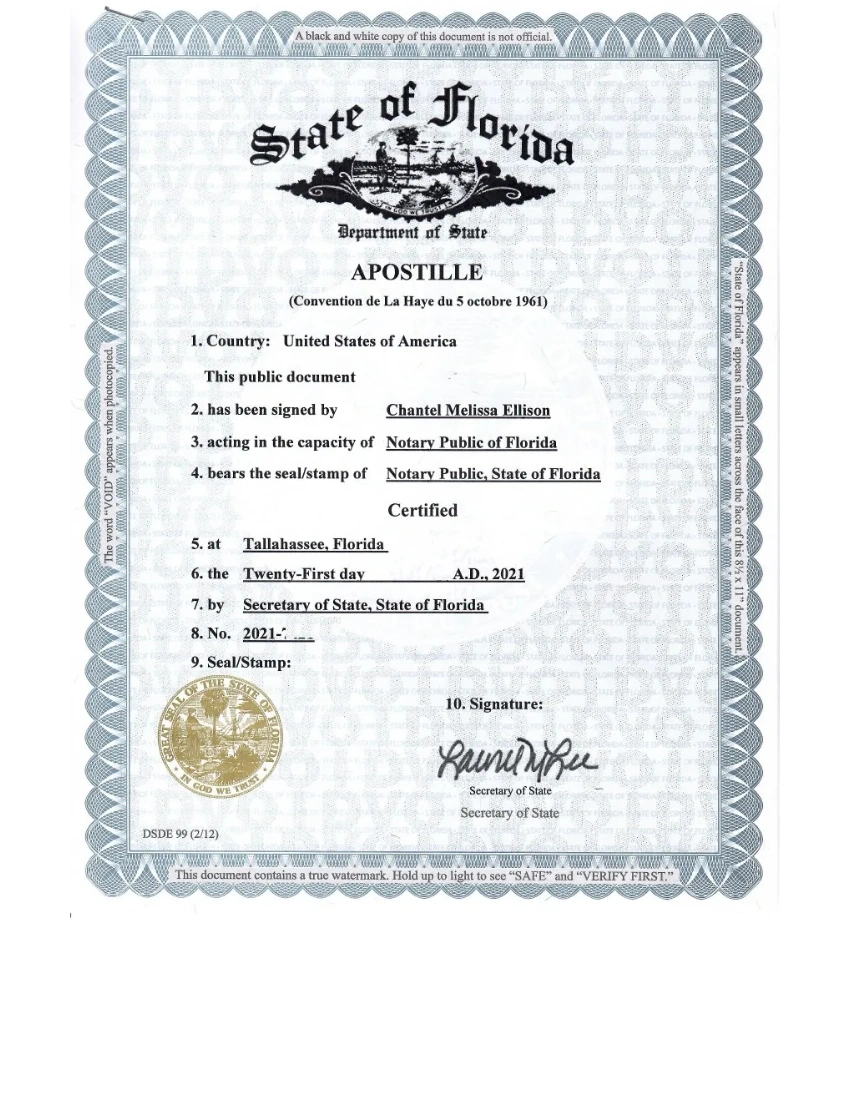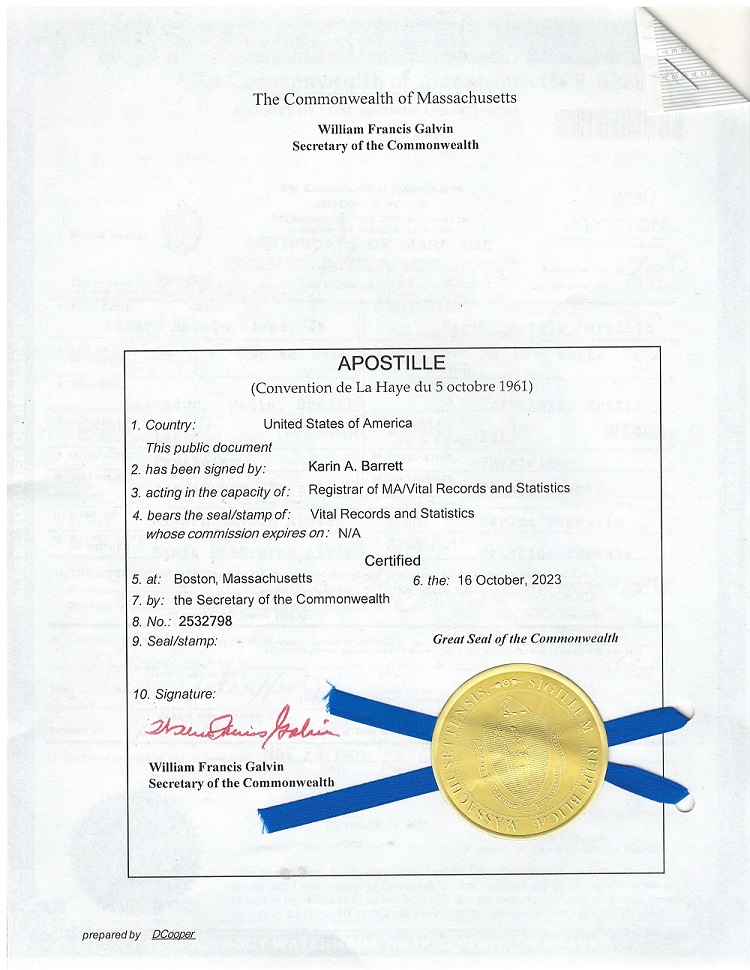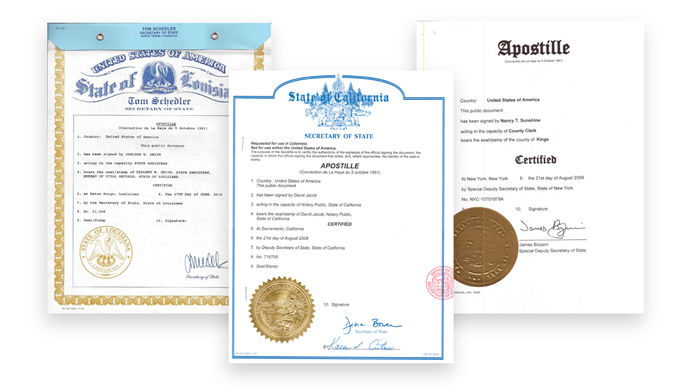Diving Into the Reasons Behind the Required Demand of Apostille Certification for Legal Papers
In the realm of lawful paperwork, the compulsory need of apostille accreditation has actually come to be an essential aspect that dramatically affects the validity and acknowledgment of legal documents on an international range. Recognizing the reasoning behind this requirement includes diving into the elaborate web of lawful complexities, historic precedents, and worldwide contracts that emphasize the value of apostille qualification in today's interconnected globe. By exploring the underlying reasons behind this widespread demand, a clearer image arises of why this seemingly administrative procedure holds such immense relevance for organizations, individuals, and federal governments alike.
Historical Advancement of Apostille Certification
How did the principle of apostille qualification progress over time to end up being an essential component of worldwide paper validation? The need for a streamlined approach of confirming records for usage throughout boundaries came to be obvious as worldwide profession and travel boosted.
Originally adopted by a few European nations, the Apostille Convention gradually obtained international approval as a result of its effectiveness and efficiency in verifying the authenticity of main papers. Throughout the years, the convention's reach increased as more nations signed up with, recognizing the apostille as an universally accepted kind of file verification. Today, apostille accreditation has come to be a standard requirement for validating legal documents in international transactions, guaranteeing smooth communication and legal process in between countries.
Simplifying International File Legalisation
The streamlining of worldwide paper legalisation treatments has considerably improved effectiveness in cross-border transactions. Simplifying the procedure of legalizing files for international usage has actually become critical in promoting swift and smooth purchases between nations. Among the essential systems that have actually added to this simplification is the fostering of the Apostille Convention, which supplies a standard approach for validating the credibility of records throughout taking part nations.
By adhering to the Apostille demands, countries consent to recognize each various other's public files as legitimate without the requirement for further legalisation. This removes the usually cumbersome and lengthy process of numerous authentications by various authorities, saving time and resources for businesses and people taken part in international activities.

Guaranteeing Document Authenticity and Legitimacy
To make sure the credibility and validity of lawful papers in global purchases, strict confirmation processes are crucial. By calling for apostille accreditation for legal documents, authorities aim to authenticate the beginning of papers and confirm the trademarks of individuals involved.
Furthermore, confirming the credibility of lawful papers with apostille qualification enhances count on and confidence among celebrations engaging in global transactions. Inevitably, by supporting strict verification standards, apostille accreditation adds to a much more safe and secure and transparent global legal framework.

Assisting In Cross-Border Legal Acknowledgment
In the realm of worldwide transactions, the apostille accreditation not just makes certain the authenticity and legitimacy of lawful files however also plays a critical role in facilitating cross-border lawful recognition (Houston Apostille). When legal papers birth an check it out apostille certification, they are conveniently accepted by foreign authorities without the demand for more verification. This streamlined process accelerates the recognition of files in various nations, promoting performance and decreasing administrative obstacles in legal issues that go beyond national borders
Helping with cross-border lawful acknowledgment through apostille qualification cultivates depend on and confidence in the credibility of documents traded between countries. By sticking to the standards set forth by the Apostille Convention, nations concur to recognize the apostille seals affixed to papers from other participant nations, hence visit this website streamlining the process of legal recognition across boundaries.
Conformity With International Treaty Standards
Conformity with global treaty requirements is important for making sure the consistent application of legal laws throughout participating nations. The Apostille Convention, developed in 1961, describes the requirements for the approval of public documents amongst member nations. By adhering to the requirements stated in this treaty, countries commit to acknowledging the validity of each other's certification without the need for further authentication - Houston Apostille. This shared acceptance streamlines the procedure of cross-border paper recognition, advertising performance and minimizing governmental difficulties.
The Apostille certification, as mandated by the treaty, functions as a guarantee of credibility for papers such as birth certifications, marital relationship licenses, court judgments, and notarized deeds. This standardized strategy aids protect against fraudulence and makes sure that lawful papers originating from one member nation are readily accepted in another. Furthermore, by complying with worldwide treaty requirements, nations demonstrate my blog their dedication to upholding the concepts of transparency, trust, and cooperation in lawful issues on a worldwide scale.
Conclusion

In the world of legal documentation, the required requirement of apostille certification has actually ended up being an essential facet that substantially influences the legitimacy and recognition of lawful documents on a global range. Today, apostille qualification has come to be a standard requirement for validating lawful papers in international transactions, making certain smooth communication and lawful procedures in between countries.
Additionally, validating the credibility of lawful files via apostille qualification enhances count on and self-confidence among parties involving in worldwide transactions.In the realm of worldwide transactions, the apostille certification not just makes certain the credibility and credibility of legal documents however additionally plays a critical role in assisting in cross-border lawful recognition. By sticking to the requirements established forth by the Apostille Convention, countries agree to recognize the apostille seals affixed to records from various other member countries, thus simplifying the procedure of legal recognition throughout borders.